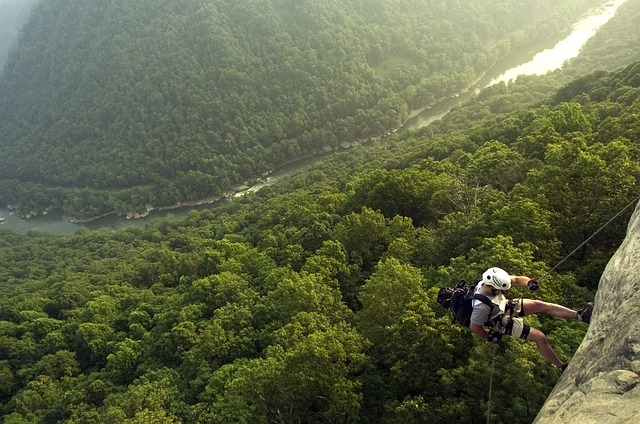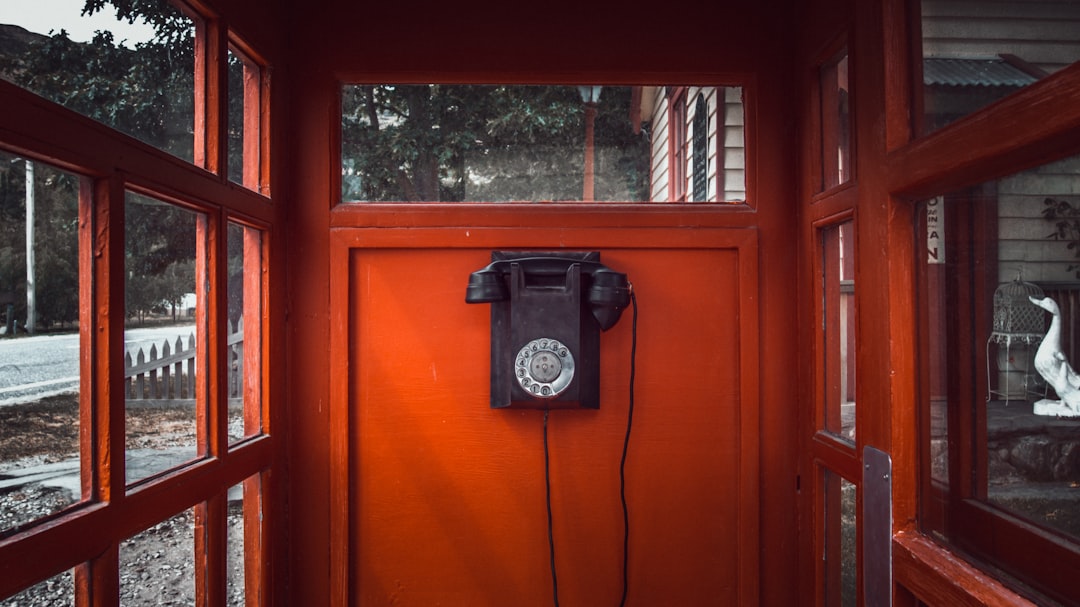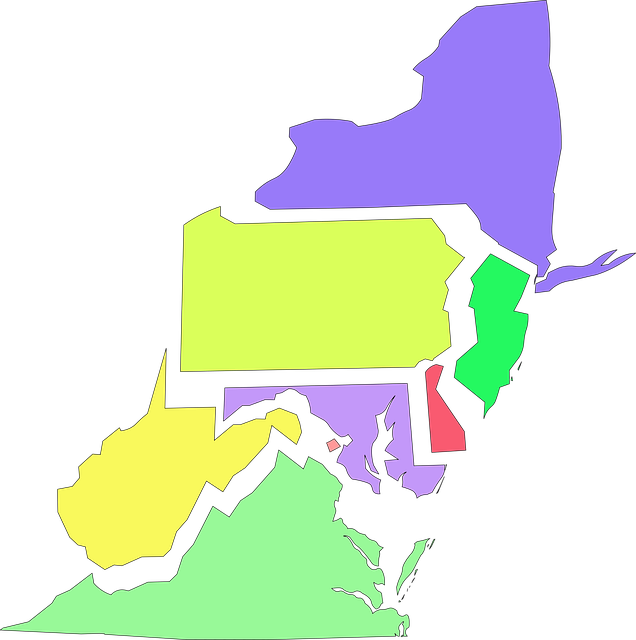Charities in West Virginia must adhere to strict federal and state laws regarding robocalls or spam calls, including the Telephone Consumer Protection Act (TCPA). Failure to obtain prior express consent or target numbers on a "do not call" list can lead to legal issues and significant financial consequences. Engaging a Robocall Lawyer West Virginia or Spam Call Attorney West Virginia is crucial for charities to stay compliant, avoid lawsuits, and maintain ethical outreach practices. Key terms include Robocall Lawyer West Virginia, Spam Call Law Firm West Virginia, and lawyer for Robocall West Virginia.
“In the digital age, robocalls have become a ubiquitous—yet often unwanted—form of communication. For charities and non-profit organizations in West Virginia, navigating robocall regulations is crucial to avoid lawsuits. This comprehensive guide delves into the legal framework surrounding robocalls, focusing on what’s allowed under Grafton’s spam call laws.
Whether you’re seeking a robocall lawyer in West Virginia or want to prevent costly lawsuits, this article offers insights for charities to stay compliant and protect their donors.”
Understanding Robocall Regulations in West Virginia
In West Virginia, robocalls are regulated by both state and federal laws to protect consumers from unwanted and deceptive phone calls. The Telephone Consumer Protection Act (TCPA) sets forth strict guidelines on how businesses and organizations can make automated or prerecorded calls, including charity initiatives. If a charity violates these regulations, individuals who receive such calls can file robocall lawsuits seeking compensation for their troubles.
When it comes to robocalls in West Virginia, charities must adhere to specific rules. They are permitted to call individuals with pre-recorded messages only if the caller has obtained prior express consent or the number is on a “do not call” list. A robocall lawyer West Virginia or spam call attorney West Virginia can help organizations navigate these complex laws to ensure compliance and avoid costly lawsuits from spam call law firms West Virginia. Understanding the legal framework surrounding robocalls is crucial for charities aiming to maintain ethical practices while reaching their target audiences.
Legal Rights of Charities and Non-Profit Organizations
In West Virginia, charities and non-profit organizations are subject to specific regulations regarding robocalls or spam calls. While they enjoy legal protections for their fundraising efforts, there are strict guidelines on how they can utilize automated phone systems. A Robocall lawyer in West Virginia or a Spam call attorney is well-versed in these laws, ensuring that charities stay within the boundaries set by the state.
Charities must obtain prior express consent from recipients before making automated calls for fundraising purposes. This means that individuals have the right to opt-out of such calls and should not be subjected to unwanted or deceptive robocalls. A reputable Spam call law firm in West Virginia can guide these organizations on obtaining valid consent, maintaining proper records, and respecting individual choices to avoid legal repercussions.
Navigating Spam Call Laws: What Constitutes a Violation?
Navigating Spam Call Laws: What Constitutes a Violation?
In the state of West Virginia, as in many others, there are strict regulations in place to protect consumers from unwanted and deceptive robocalls, particularly those originating from charitable organizations. A violation of these laws can lead to significant legal repercussions for charities and their representatives. Robocall lawyers and attorneys in West Virginia specialize in advising clients on what constitutes a legal call versus one that crosses the line into spam territory.
Key violations often include calls placed without prior express consent, use of automated dialing systems or prerecorded messages without disclosure, and failure to provide a clear and simple way for recipients to opt out of future calls. Understanding these rules is crucial for charities aiming to comply with the law while effectively communicating with potential donors. Engaging the services of a spam call law firm in West Virginia can ensure charitable organizations stay within legal boundaries and avoid costly lawsuits.
Strategies for Charity Organizations to Avoid Lawsuits
To avoid robocall lawsuits in Grafton, West Virginia, charity organizations should prioritize adhering to stringent legal guidelines governing telemarketing practices. First and foremost, they must obtain explicit consent from recipients before initiating automated calls, ensuring compliance with the Telephone Consumer Protection Act (TCPA). This involves implementing robust opt-out mechanisms during every communication, allowing donors to easily discontinue receiving calls.
Additionally, charities should invest in comprehensive training for their staff and volunteers regarding spam call laws specific to West Virginia. Regularly updating policies and procedures to reflect the latest legal requirements is crucial. Employing a reputable robocall lawyer West Virginia or consulting with a spam call attorney West Virginia can also help organizations stay informed and minimize the risk of legal repercussions, thereby fostering better donor relationships and maintaining their reputation in the community.






